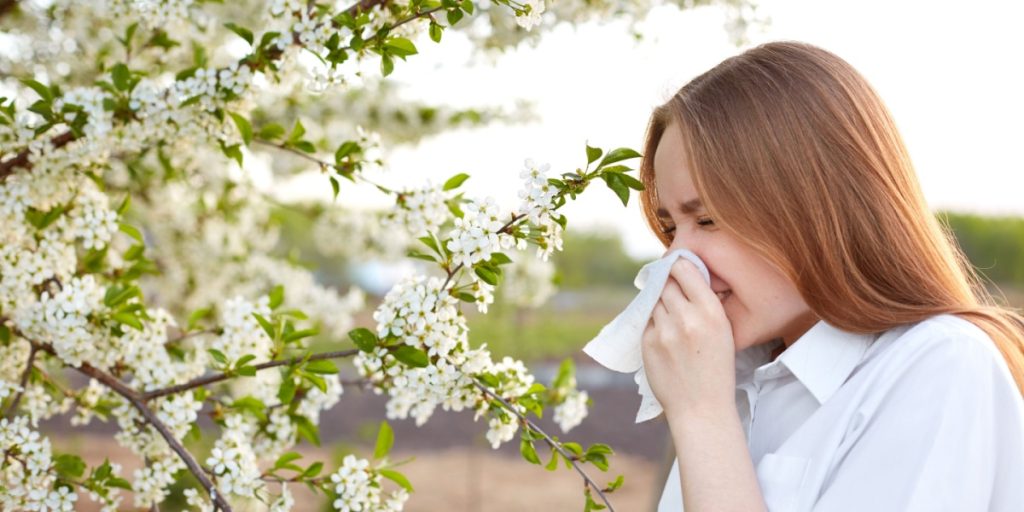Spring’s arrival often heralds the unwelcome onset of pollen allergies.
Others are reading now
As spring unfolds, it brings along the unwelcome guests of pollen allergy, allergic asthma, and allergic rhinitis. Allergist Lambros A. Kalogiros sheds light on the tell-tale signs of a pollen allergy and shares strategies for protection and symptom management.
Pollen allergy, a widespread condition, often emerges in later years. Its hallmarks include allergic asthma, rhinitis, persistent dry cough, itching, and skin rashes. But how can one be certain of a pollen allergy, and more importantly, how does one fend off symptoms when pollen pervades every corner of spring?
Identifying Pollen Allergy
“Do your allergy symptoms intensify annually or worsen outdoors?” Kalogiros inquires, suggesting a likely pollen allergy. Pollen is a primary allergen for those suffering from respiratory allergies.
“Only a few pollen grains are enough to cause symptoms in an allergic patient,” he points out, emphasizing the challenge of complete avoidance.
Also read
What Plants Cause Pollen Allergy?
The physiological role of pollen is the fertilization of plants, achieved by wind-carried or insect-transported pollen. Interestingly, it’s the wind-pollinated, not the vividly colored insect-attracted plants, that pose the greater allergy risk.
“Pollen of plants with beautiful flowers rarely causes allergy,” according to Kalogiros. “You don’t need the responsible plant in your yard to experience symptoms. Its pollen can travel several kilometers.” Each plant’s pollen season aligns with the timing of allergy symptoms, varying from late January to August, depending on the plant.
The belief that pine pollen triggers skin rashes and respiratory symptoms is largely unfounded. “Pine allergy does not cause rashes,” Kalogiros asserts.
Bee Pollen
Despite its nutritional and medicinal reputation, bee pollen poses significant risks for those with pollen allergies. When someone consumes pollen, they are exposed to them in large quantities.
“Bee pollen can have significant side effects in the allergic patient,” warns Kalogiros. Allergic patients may experience severe symptoms of rhinitis (stuffiness, runny nose, sneezing and itchy nose) and/or asthma (shortness of breath, cough, whistling breath and heaviness in the chest).
Strategies for Pollen Avoidance
To effectively dodge pollen, knowing the specific allergens and their active seasons is crucial.
Kalogiros recommends keeping windows closed during pollen season, minimizing outdoor activities when pollen levels peak, and adhering to cleanliness routines after spending time outside.
Despite these precautions, completely evading pollen is nearly impossible. It is often more challenging for pollen allergy patients to avoid pollen than to cope with their symptoms. In these cases, there is the possibility of symptomatic treatment to treat or cure allergic respiratory diseases.


